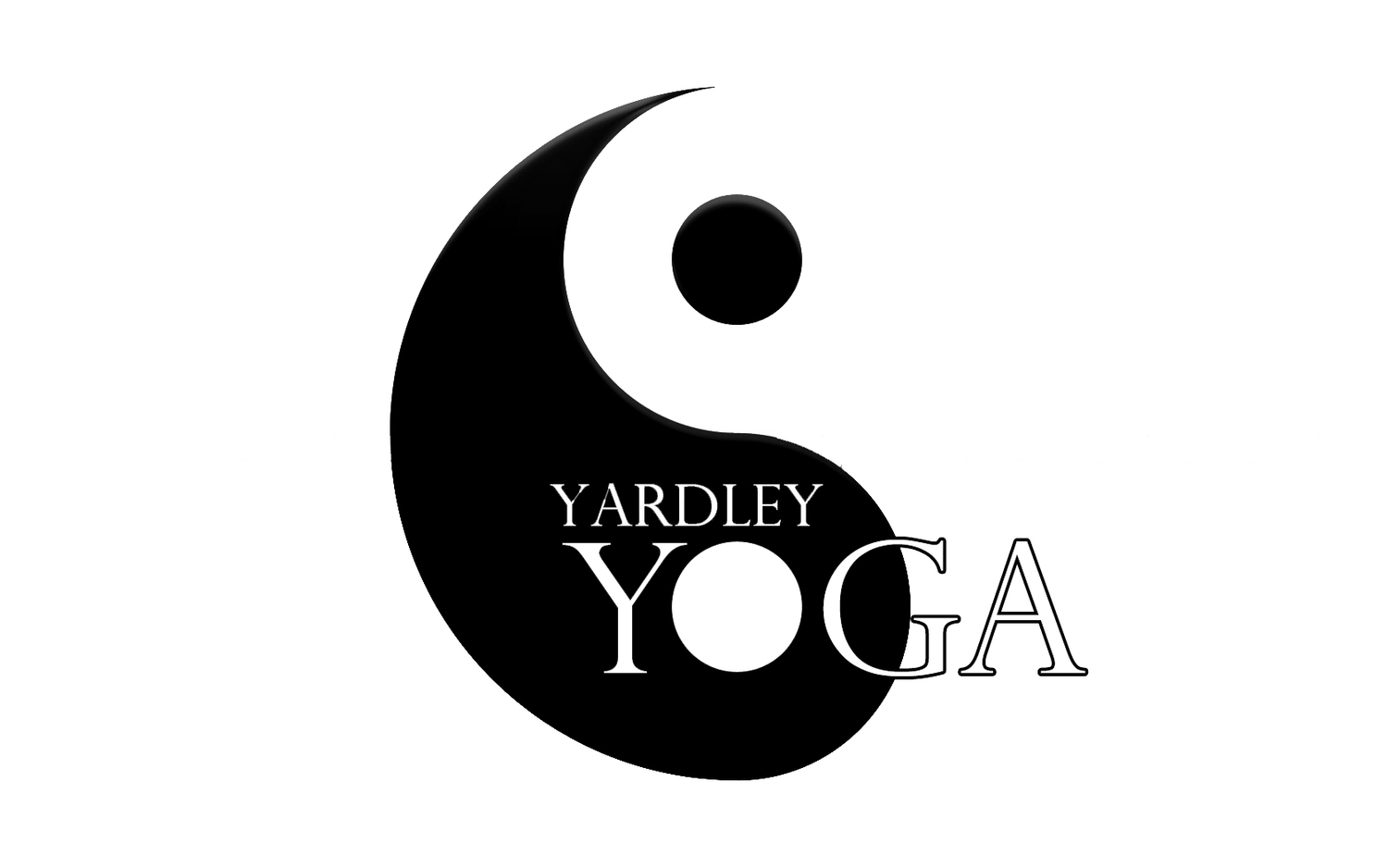Yoga better than crosswords for preventing pre-Alzheimer’s memory loss
Yoga and meditation can help prevent mental decline CREDIT: ALAMY
Sponsored
Turning the tide on antibiotic resistance
Video: find out how GSK are working with others to tackle the rise in antibiotic resistance.
- Sarah Knapton, science editor
10 MAY 2016 • 7:00PM
Yoga and meditation are more effective than crosswords and memory games for combating the mental decline that often precedes Alzheimer's, research has shown.
Scientists compared the two approaches in a group of 25 volunteers over the age of 55 who had reported memory issues such as forgetting names and faces, missing appointments or misplacing belongings.
They found that after three months both were equally good at improving verbal memory skills, which help people remember names and word lists.
But the yoga provided added benefits in visual-spatial memory, which helps people to recall locations and navigate while walking or driving.
Eleven participants received weekly hour-long memory training sessions and performed exercises ranging from crossword puzzles to computer-based tasks.
The other 14 were given an hour-long yoga session once a week and practised Kirtan Kriya meditation at home for 20 minutes every day.
Lead researcher Harris Eyre, from the University of Adelaide in Australia, said: "Historically and anecdotally, yoga has been thought to be beneficial in ageing well, but this is the scientific demonstration of that benefit.
"We're converting historical wisdom into the high level of evidence required for doctors to recommend therapy to their patients."
The form of yoga used in the study, known as Kundalini, focuses on breathing, meditation and chanting as well as poses designed to increase strength and flexibility.
It incorporates Kirtan Kriya meditation, which involves chanting, hand movements and visualisation of light, and has been used for hundreds of years in India to prevent mental decline in older adults.
The technique involves meditation and chanting for 20 minutes a day CREDIT: TELEGRAPH
After 12 weeks the scientists saw similar verbal memory improvements in both groups of volunteers. However, visual-spatial memory was increased to a greater degree in the yoga-meditation group.
Participants practising yoga and meditation were also less likely to be depressed and anxious, and were better able to cope with stress.
Mood enhancement is important because of the emotional difficulties involved in coming to terms with cognitive impairment, said the researchers, whose findings are reported in the Journal of Alzheimer's Disease.
"When you have memory loss, you can get quite anxious about that and it can lead to depression," said US co-author Professor Helen Lavretsky, from the University of California at Los Angeles.
The memory improvements coincided with altered neural activity, monitored using functional magnetic resonance imaging (fMRI) brain scans.
Connectivity changes were seen in the brains of both groups, but only those of the yoga-meditation group were statistically significant.
Prof Lavretsky added: "If you or your relatives are trying to improve your memory or offset the risk for developing memory loss or dementia, a regular practice of yoga and meditation could be a simple, safe and low-cost solution to improving your brain fitness."
Dr Laura Phipps of Alzheimer’s Research UK, said: “Exercise in general can bring important physical benefits as well as enjoyable social experiences, and has been linked to a lower risk of cognitive decline and dementia.
"This small study suggests yoga may have an impact on brain function and mood in people with early memory problems, but it will need following up in a larger group over a longer period of time.
"While there is a growing body of evidence to suggest that physical activity is beneficial for cognition, it’s still unclear what type and intensity of activity could be most important."
The study was funded by the Alzheimer's Research and Prevention Foundation, based in the US.
